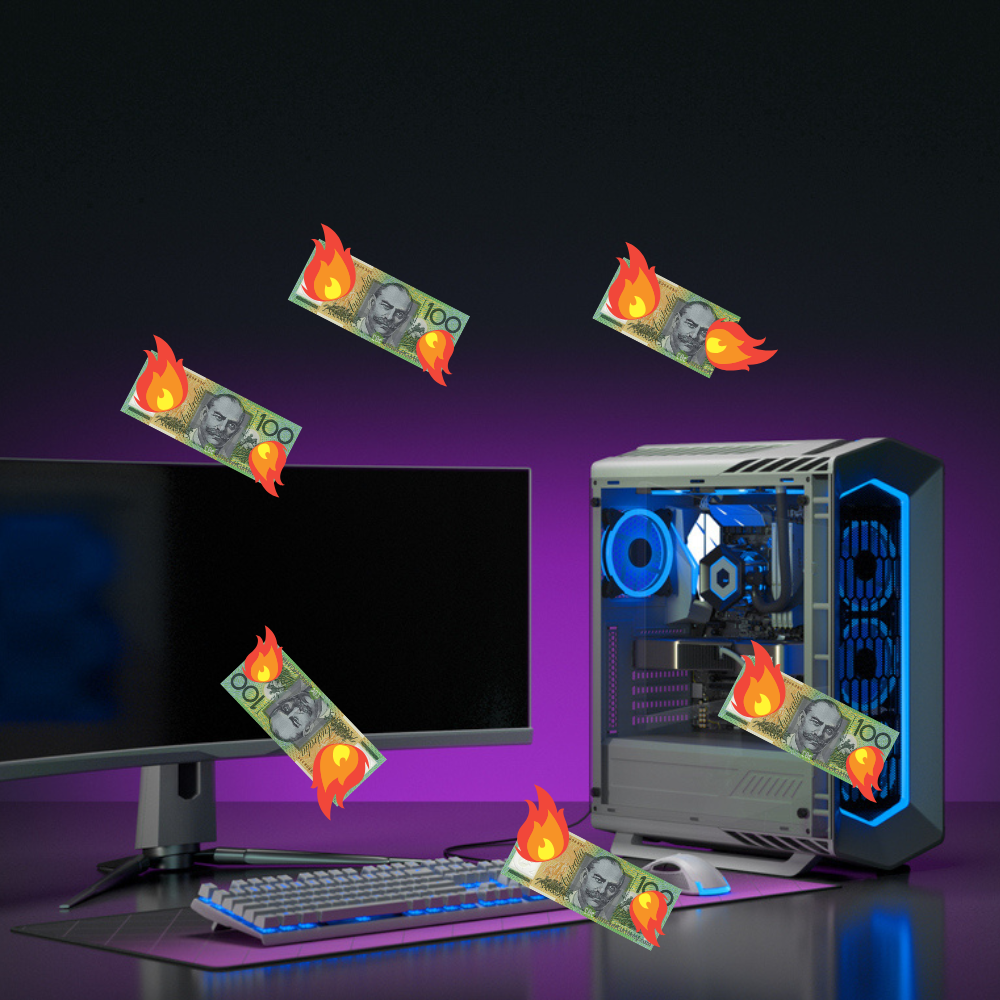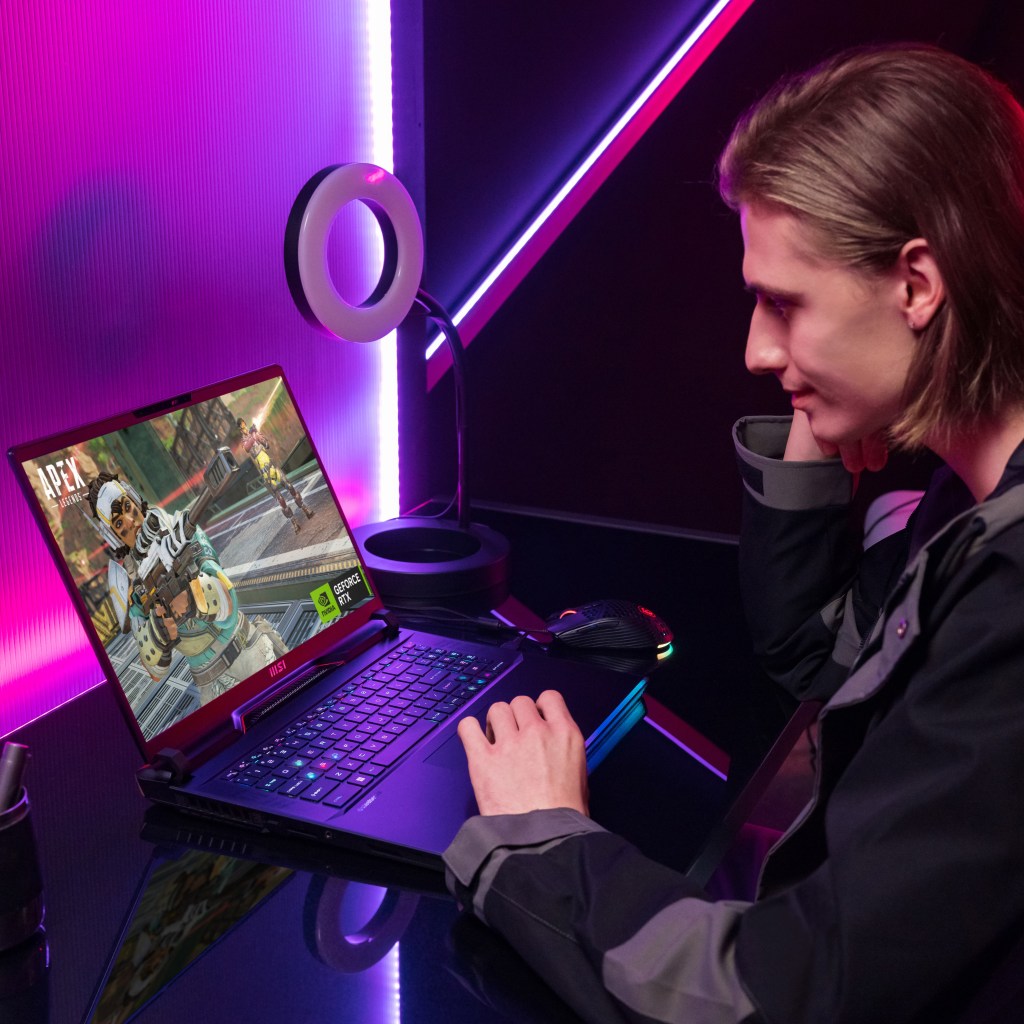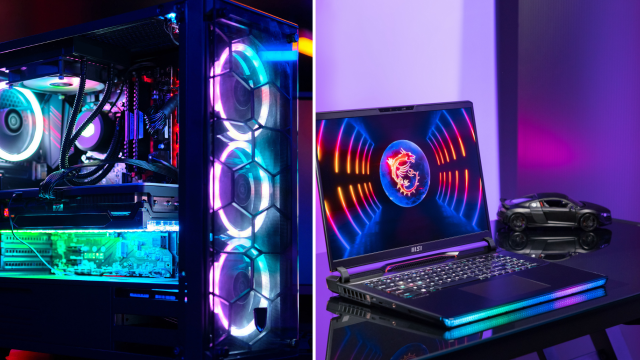
I’m going to say something that might get me ostracised from the PC gaming community, but I love a good gaming laptop.
Gaming laptops have slowly been catching up to higher-end PC builds, providing so much utility and convenience to where in some cases, a gaming laptop will fulfil someone’s needs more than a desktop could.
However, these solid pieces of hardware are very pricey, and owning both is hard to recommend as most will only be able to afford one or the other.
If you’re looking to upgrade your rig to the current gaming generation, here’s what you should consider.
Find your PC gaming goals

Gaming has become a prime way to socialise with friends thanks to apps like Discord streamlining voice chat for many. So many of the most popular games at the moment like League of Legends, Valorant or Genshin Impact have been optimised to allow less powerful machines to run the game with your friends with no issues.
Although, if you’re looking to get into the more competitive side of gaming or you wanna play more graphically demanding games, you will need a stable machine that can handle more. In this case, a desktop might match your preferences.
In saying that, the biggest selling point of a gaming laptop is convenience and portability. Unlike a laptop, a DIY desktop could have you scouring through build guides to hunt down parts, whereas a gaming laptop will come prepared to get going right away.
If your laptop were to have performance issues or break, you’ll easily be able to send it off for repairs without having to disassemble parts and send them off to manufacturers, or spend immense amounts buying a replacement part.
Consider convenience

Something to consider with a laptop, however, is that they can overheat and run loudly. If you decide you want to upgrade in the near future, unlike a PC, you might not be able to just switch out a part or two, you’ll likely have to get an entirely new gaming laptop.
If you travel often and really want to take your favourite games on the go, that makes sense. The option of not being tethered to a desk is a gaming laptop’s greatest asset. Being able to sit down on the couch and build your house in Minecraft while watching a movie, or take your laptop over to a friend’s place to play League together in person.
Another great bonus to gaming laptops is that they’re also great for other creative uses. If you’re a graphic artist, podcaster or video editor, a gaming laptop can handle editing on the fly just as well as a desktop.
The biggest drawback of a gaming laptop over a desktop, however, is that you often can’t upgrade your laptop with new parts and if you can, it can be more expensive than the desktop equivalent. This means you’ll be locked into the lifecycle of that laptop for the near future until you buy a brand new laptop to keep up with the demands of games ever evolving spec requirements.
Of course, gaming PCs have their own means of convenience as well. Not only can you assemble a powerful computer that can seriously boost your productivity, with additional peripherals like webcams, USB mics and a keyboard to your liking, but a desktop can also offer you more customisation which can help you more in the long run.
Determine your budget

Gaming PCs used to be very inaccessible due to the high price of parts, now, thankfully, they’re a bit more affordable, but you still need to be wary as both are significant investments.
Both desktops and laptops will have great mid-tier builds that will be able to afford you the basics. If you’re looking at a laptop that will let you play older or well-optimised games while being versatile with the Adobe suite, anything from the $1500-2000 range is excellent.
For the same price, you can set yourself up for an excellent mid-sized desktop.
It’s so easy to go over budget when buying parts for your gaming set-ups and this isn’t even including peripherals like keyboards, monitors, etc.
With a gaming laptop, at least you can have comfort knowing when you buy it, you have a solid machine with all those specs built-in.
Know the PC gaming brands

Every PC builder is familiar with the many different gaming manufacturers and distributors. It’s absolutely essential to know when tracking down parts as some only work with others. Buying hardware from trusted brands will help eliminate the uncertainty that comes from installing a new part and praying to god that it’ll turn on.
If you’re looking to buy a pre-built desktop or laptop, be sure to comb over the individual specs to get an idea of whether the computer is worth the price you’re paying for it and to know how old those parts actually are.
MSI, for example, is renowned not only for its great motherboards but for its wide catalogue of gaming laptops.
They’ve just released a ton of new models, from the Creator Z17HX being a graphic design and game development machine, to the Stealth 16 Studio offering a powerful thin-n-lite gaming laptop you can take while travelling for work.
If you are looking for an entry-level gaming laptop that will stay relevant through this console generation, you will most likely be looking at a machine around that $2500 mark. The Cyborg 15 has been a great entry into this category, equipped with either an RTX 4050 or 4060 graphics card, letting it run graphically demanding games at stable framerates.
Although we’d be remiss when talking about gaming laptops to not mention the extra beefy models. Gaming laptops can get very pricey, and if you’re willing to splurge you should know you’re getting the best gear available on the market.
Because these are also pricey purchases, I strongly advocate checking out reviews on any product, like the videos by Gamer Nexus or Linus Tech Tips, or visiting PC Part Picker to get solid, easy-to-understand reviews and breakdowns on hardware.

Leave a Reply